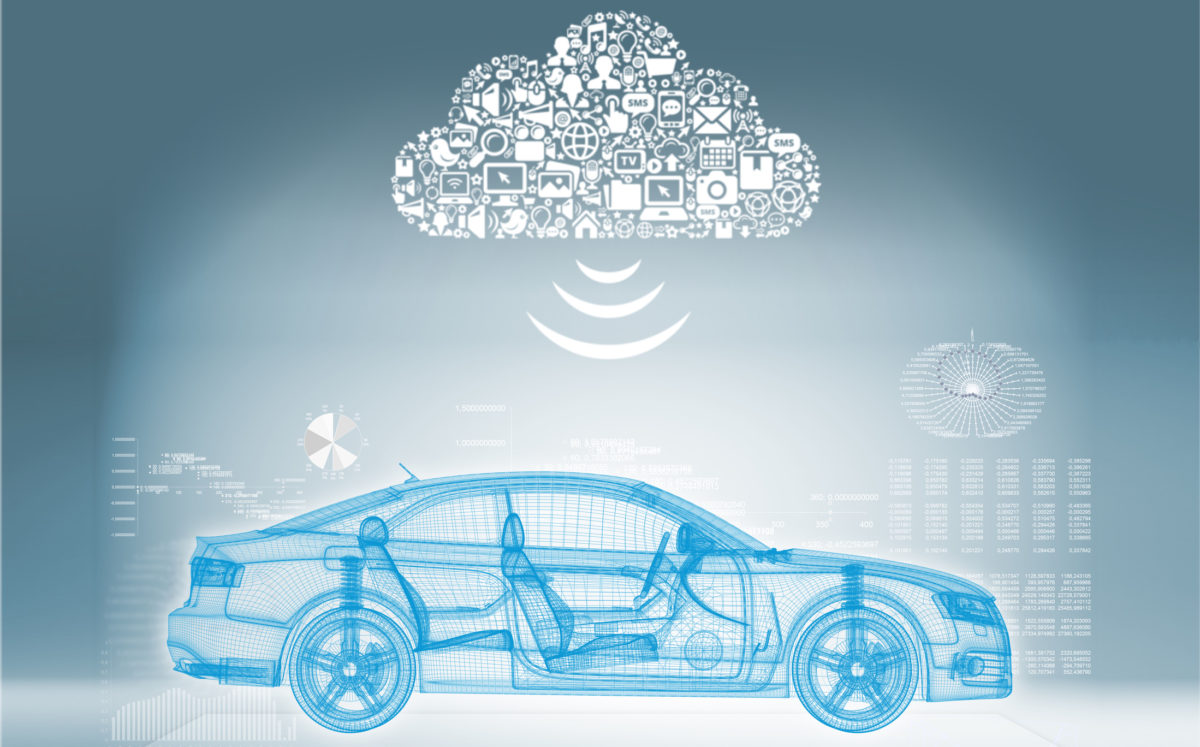Vehicle connectivity and software are becoming more important than traditional hardware components in today’s cars. Leading automakers are betting big on cloud technologies to power the next generation of smart, connected vehicles.
What is Automotive Cloud?
In simple terms, automotive cloud refers to the use of cloud computing technologies in vehicles. Just like consumer cloud services have transformed how we access data, automotive cloud aims to do the same for the automotive industry. It involves storing vehicle data and processing information on remote cloud servers instead of relying solely on hardware components inside the vehicle.
Some key aspects of automotive cloud include:
– Centralized vehicle data storage and processing: Sensitive vehicle data like diagnostic logs, infotainment settings, software updates etc. are stored and processed on cloud servers instead of local hardware. This simplifies vehicle architecture.
– Remote fleet management: The cloud allows automakers and fleet operators to monitor vehicle health, location, driver behavior and perform remote diagnostics/updates on entire vehicle fleets from a central location.
– Continuous connectivity: Vehicles remain connected to the cloud through embedded modems, enabling real-time data exchange, over-the-air software upgrades and new features/services on demand.
Benefits of Adopting Automotive Cloud
Cost Savings and Flexibility
Moving non-core functions to the cloud allows automakers to greatly simplify vehicle architectures. Cloud services also require lower upfront investments compared to embedded hardware. This keeps development costs low and gives flexibility to add new features through software updates.
Scalability and Data Analytics
The Automotive Cloud offers massive scalability to support millions of connected vehicles simultaneously. It also facilitates big data analytics of aggregated anonymized fleet data. This helps automakers improve vehicle quality, spot issues and develop personalized driving/ownership experiences.
Enhanced Security
Well-managed cloud infrastructure with regular security updates can offer stronger safeguards than individual vehicle systems. Cloud-based cybersecurity also expands coverage beyond the vehicle lifespan through continuous remote monitoring and threat response.
New Revenue Streams
Automotive cloud enables a host of new revenue models like usage-based insurance, predictive maintenance services, advanced navigation/infotainment packages through monthly subscriptions. It transforms automakers into lifelong service providers.
Challenges of Automotive Cloud Deployment
Reliability and Low Latency Concerns
For mission critical vehicle systems, any cloud outage or high latency could pose serious safety issues. Automakers must ensure reliability, redundancy and responsiveness on par with traditional embedded systems. This requires sophisticated cloud architectures.
Data Privacy and Security Risks
With millions of vehicles continuously uploading operational data, privacy becomes a huge concern. Vehicle networks communicating over the internet also expand the security attack surface. Robust encryption, authentication and access control is critical.
Network Connectivity Dependencies
Vehicles rely on stable high-speed internet connections provided by telecom operators. But cellular networks can experience congestion or local disruptions. This requires intelligent local processing/caching and alternatives like WiFi/satellite.
Regulatory Compliance
Automotive regulations differ drastically across countries/regions. Ensuring cloud solutions meet functional safety, cybersecurity, and data privacy mandates worldwide increases complexities versus localized controls.
The Future of Automotive Cloud
Major automakers like GM, Ford, BMW have already launched initial cloud-connected services through partnerships with cloud giants like Microsoft Azure, Amazon Web Services and Salesforce etc. Going forward:
– Full-Scale Deployments: By 2025, leading automakers will start deploying vehicles designed from ground up on automotive cloud platforms, moving almost all non-critical systems to the cloud.
– Seamless Connectivity: Integration of 5G and Multi-access Edge Computing will enable near real-time cloud connectivity with robust coverage and minimal latency wherever the vehicle goes.
– New Ecosystems: Automotive clouds will create whole new digital ecosystems bringing automakers together with tech companies, insurers, EV chargers, roadside assistance providers to offer combined mobility services.
– Customization At Scale: With data-driven personalization and frequent over-the-air updates, each vehicle could become uniquely configured to its drivers’ needs based on usage patterns and preferences.
– Democratized Innovation: Startups will build innovative fleet management tools, usage-based insurance models, autonomous technologies etc. directly on automotive clouds, fast-tracking new solutions.
Automotive cloud promises to transform vehicles into supremely customizable, features-rich always-connected digital devices. It reshapes the way we purchase, own and drive vehicles. While current deployments focus on pilot programs, cloud centralized architecture will soon become the de facto model powering tomorrow’s autonomous, electrified smart mobility services.
*Note:
1. Source: Coherent Market Insights, Public sources, Desk research
2. We have leveraged AI tools to mine information and compile it

